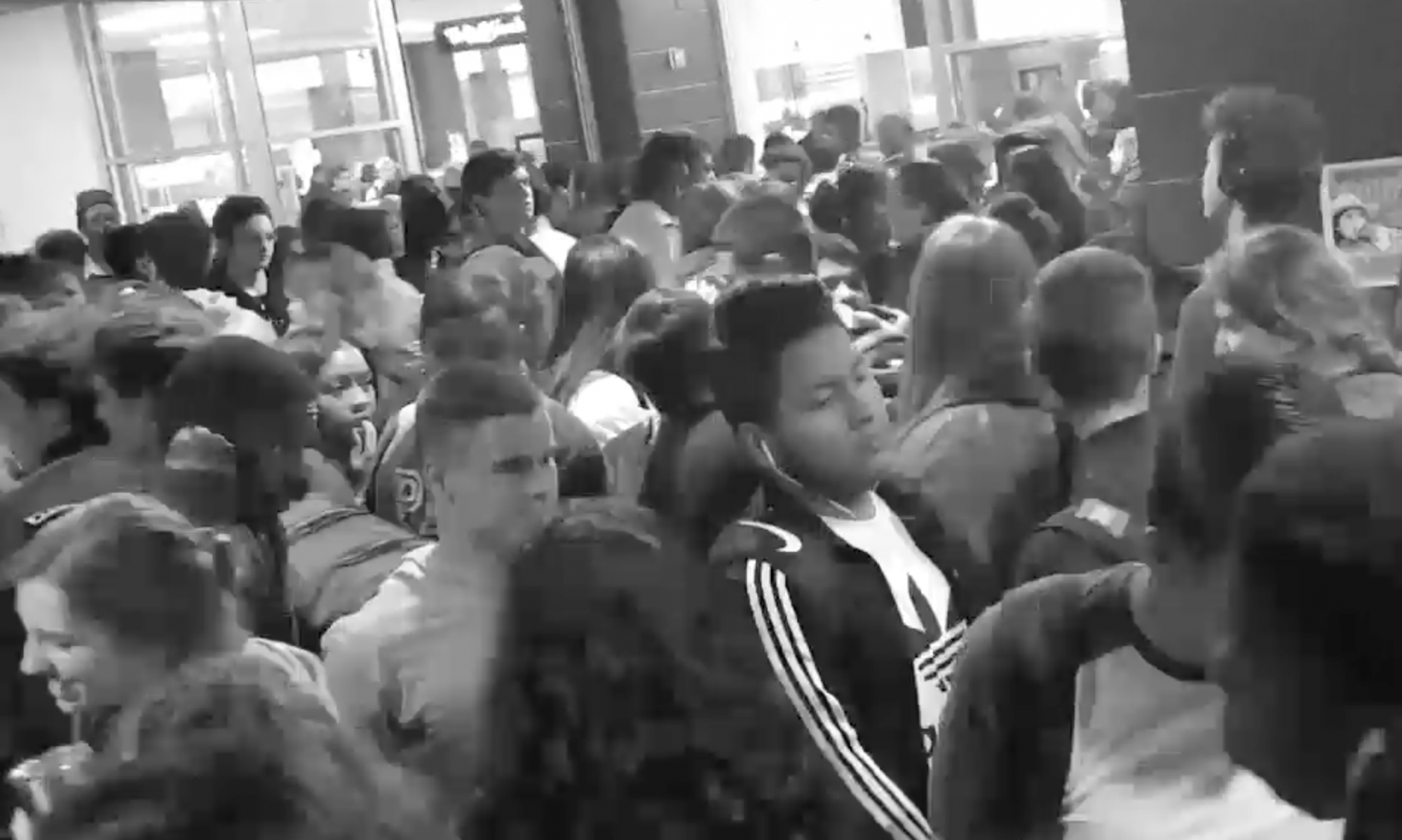Taxes, taxes and more taxes How do our taxes compare to other cities?
Comparing taxes in different cities can be hard. Cities can use different strategies to raise the same revenue and they have different economic and demographic realities. However, it’s still helpful to see how we stack up. So, below is a table with some different ways of viewing our comparative local property tax burden. Anyone with with other or contradictory numbers are welcome to contribute.
Generally, Harrisonburg compares well with other cities (we’ll use Charlottesville, Winchester, Staunton, Lynchburg, Manassas, Roanoke and Fredericksburg). Our median property tax amount is the lowest among this group. Less than half of Charlottesville and about a third of Manassas. And, while the median offers a good way to compare, most of these cities have generally higher property values which produce more revenue at the same rate. So, we can also take a look at how much we pay in property taxes as a percent of our income and as a percent of our property values. In every case, Harrisonburg residents pay less than any of those cities – by a fair amount.
That’s not our full tax picture, though. We should really be looking at our effective tax rate – meaning we need to include other city taxes we pay. One tax is the personal property tax. Harrisonburg’s personal property tax rate ($3.50 per $100 of assessed value) is lower than all the other cities but Staunton and Roanoke (by a small amount). So when factoring this tax, the difference in the lower rate Harrisonburg residents pay and the higher rate of other cities is even greater.
Again, this just gives us an idea of our capacity and should be combined with smart decisions.
When taxes go up won’t people and businesses leave the city if our property taxes increase again?
While tax increases affect us all, they do not always affect us all equally. We all pay the same tax rates for our services like water, electricity, trash collection and restaurants. In Virginia, however, property taxes offer a city the opportunity to provide tax relief to lower income residents, seniors and those with disabilities and veterans by putting caps on the % of income homeowners pay in property taxes or even tax deferments until a property is sold. Harrisonburg provides some tax relief for property and personal property taxes for qualifying residents. There are more tools for this that Harrisonburg can use, though.
As far as people and business leaving, there is no evidence that shows property tax increases used to fund school construction causes a fleeing of people or businesses. The only evidence points to increased value in the city and residents and businesses staying put.
For Harrisonburg, the last property tax increase and a possible additional increase does not appear to have negatively affected the city or slowed the tide of people and companies moving into Harrisonburg. Actually, since the city’s last tax increase and start of discussions of a new HS, housing prices have increased, demand is high and supply is low. It appears people are moving in, not out.
Now what? What does this mean about building a new school?
This blog just addresses issues around taxes and affordability. It doesn’t address the cost and construction of a new school nor issues about our education system and priorities. Those will be taken up in the next blogs. However, trying to keep discussions focused on a topic at a time might be helpful and increase the chances we’ll find agreements.
So, the data and analysis seems to show that:
Harrisonburg’s credit is good and stable, even when taking into account borrowing significant money for a new school.
While raising taxes will be necessary with a new HS, our taxes still compare favorably with other similar cities, even with an increase.
Increasing property taxes for school construction can result in immediate increased home values that are greater than the costs and the city has tools to lessen the burden on lower income residents.
Increasing property taxes for school construction does not negatively affect the funding for other important city services or for school operations (teachers).
Increasing property taxes for school construction does not, and has not in the past in Harrisonburg, resulted in people and businesses leaving the city.
None of this suggests that building a new HS should be approached with anything other than a critical, informed and prudent approach.

